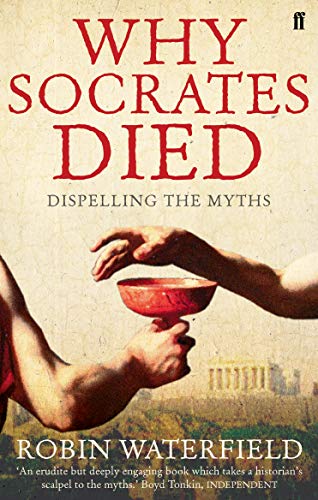The erasure of boundaries — also, findings at the K/T boundary?
Monday, April 1st, 2019[ by Charles Cameron — Tolkien illuminates Arthur C Clarke, Robert DePalma may have made the discovery of a century or two, previous posts on borders and the liminal ]
.
Arthur C Clarke, #3 of Clarke’s Three Laws:
Any sufficiently advanced technology is indistinguishable from magic.
Perhaps a bit facile.. when seen silhouetted against..
JRR Tolkien, quoted by John Garth in War in Tolkien’s Middle-earth, 1916 thus:
‘From the greatness of his wealth of metals and his powers of fire’ Melko constructs a host of ‘beasts like snakes and dragons of irresistible might that should overcreep the Encircling Hills and lap that plain and its fair city in flame and death’. The work of ‘smiths and sorcerers’, these forms violate the boundary between mythical monster and machine, between magic and technology.
That’s a DoubleQuote!
**
There’s a parallel, if greater, boundary violation Tolkien points us to in his essay On Fairy-Stories, where he writes of the Gospel that “this story has entered History and the primary world; the desire and aspiration of sub-creation has been raised to the fulfillment of Creation” and declares, “Legend and History have met and fused.”
That’s true alchemy here — a sacred marriage, hieros gamos..
**
Sacred marriage, too, is the topic of the 17th century predecessor of Tolkien’s work in fearful yet blessed spiritual fantasy, The Chymical Wedding of Christian Rosenkreutz (1616) — beautifully translated bv Ebenezer Foxcroft (1690), and richly annotated in John Warwick Montgomery’s Cross and Crucible: Johann Valentin Andreae (1586–1654) Phoenix of the Theologians.
Other books on magic / imagination worth considering:
Lee Siegel, Net of Magic: Wonders and Deceptions in India Ioan Couliano, Eros and Magic in the Renaissance Henry Corbin, Creative Imagination in the Sufism of Ibn Arabi
**
Take a deep breath..
**
While we’re on boundaries, there quite possibly may have been a seismically major discovery relating to the K/T (Cretaceous / Tertiary, now renamed Paleogene) boundary on “The Day” itself:
Douglas Preston, The Day the Dinosaurs Died .
“When I saw that, I knew this wasn’t just any flood deposit,” DePalma said. “We weren’t just near the KT boundary—this whole site is the KT boundary!” From surveying and mapping the layers, DePalma hypothesized that a massive inland surge of water flooded a river valley and filled the low-lying area where we now stood, perhaps as a result of the KT-impact tsunami, which had roared across the proto-Gulf and up the Western Interior Seaway. As the water slowed and became slack, it deposited everything that had been caught up in its travels—the heaviest material first, up to whatever was floating on the surface. All of it was quickly entombed and preserved in the muck: dying and dead creatures, both marine and freshwater; plants, seeds, tree trunks, roots, cones, pine needles, flowers, and pollen; shells, bones, teeth, and eggs; tektites, shocked minerals, tiny diamonds, iridium-laden dust, ash, charcoal, and amber-smeared wood. As the sediments settled, blobs of glass rained into the mud, the largest first, then finer and finer bits, until grains sifted down like snow.“We have the whole KT event preserved in these sediments,” DePalma said. “With this deposit, we can chart what happened the day the Cretaceous died.”
DePalma’s PNAS article:
Robert DePalma et al., Prelude to Extinction: a seismically induced onshore surge deposit at the KPg boundary, North Dakota
See also:
UC Berkeley, 66-million-year-old deathbed linked to dinosaur-killing meteor Ryan F. Mandelbaum, Scientists Find Fossilized Fish That May Have Been Blasted by Debris From Asteroid That Ended the Dinosaur Age
**
Earlier Zenpundit posts on liminality and borders, among them:
Liminality II: the serious part Of border crossings, and the pilgrimage to Arbaeen in Karbala Violence at three borders, naturally it’s a pattern Borders, limina and unity Borders as metaphors and membranes McCabe and Melber, bright lines and fuzzy borders Walls. Christianity & poetry. And nations, identities & borders Limina, thresholds, more on spaces-between & their importance
with further references in:
The importance and impotence of language, #28 in the series And another next, 26, mixed Can you believe it? We’re at Chyrons & metaphors 19




